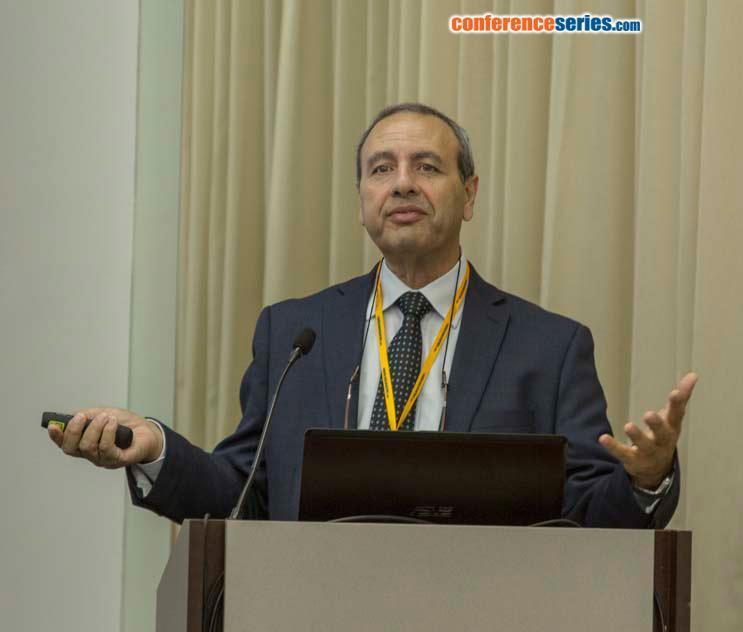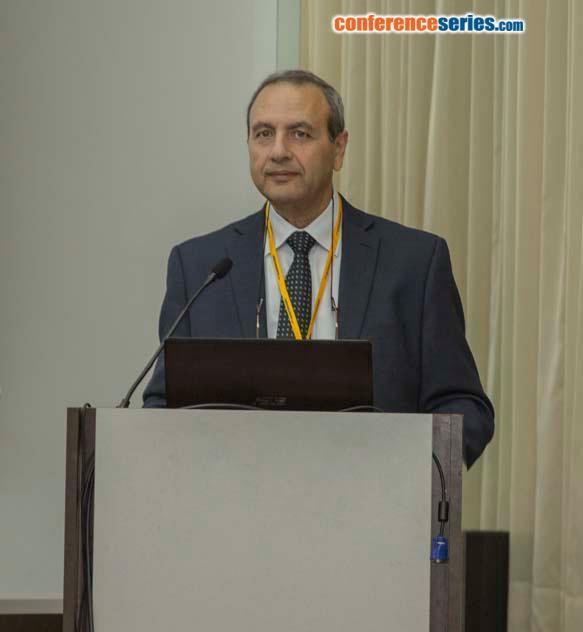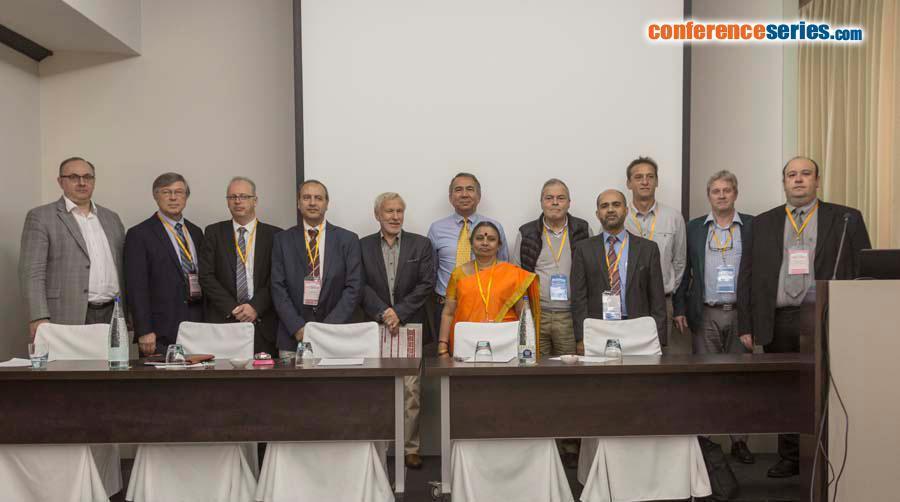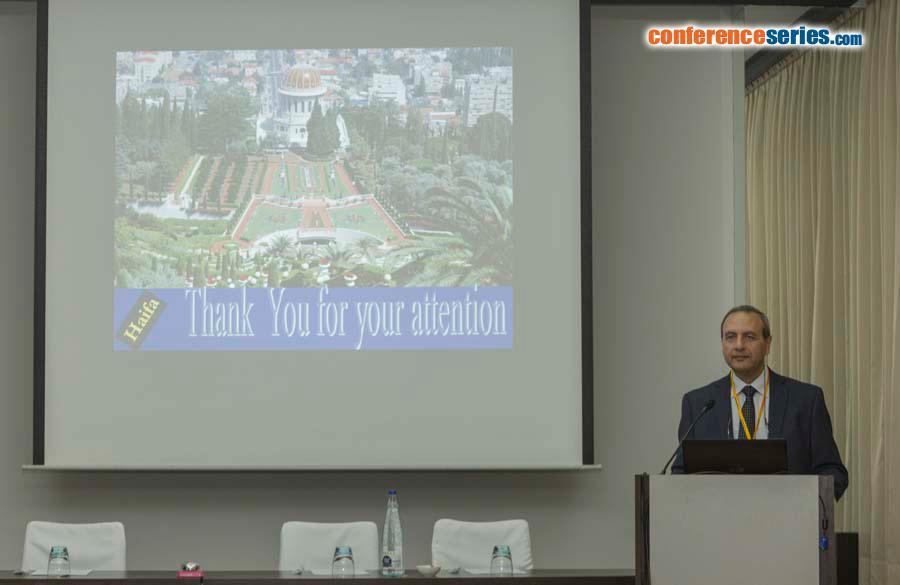
Fuad Fares
Fuad Fares, University of Haifa, Israel
Title: Developing long acting agonists and antagonists of glycoprotein hormones using gene fusion and gene transfer: from bench to clinics
Biography
Biography: Fuad Fares
Abstract
Peptides are used clinically in the treatment of many diseases. One major issue regarding the clinical use of many peptides is their short life span in the body, due to the rapid clearance of those proteins from the circulation. The low stability of peptides has thus often posed a difficulty to researchers and hindered their adoption in potential medical applications. At the clinical level, there is a need for a regime of frequent injections of the peptides into the patients to overcome this low stability factor. The major strategies for overcoming this problem are based on chemical techniques and using specific peptidase inhibitors or cocktails. To overcome this problem, we used genetic engineering techniques that have been found successful for designing long acting hormones for the treatment of fertility and thyroid diseases. Ligation of a peptide containing 4 O-linked oligosaccharide chains to the carboxyl-end of Follitropin (hFSH), Thyrotropin (hTSH), Growth hormone (GH), Factor VII and to erythropoietin (EPO) resulted in increasing the biological activity and longevity in vivo. Moreover, ligation of the subunits into a single gene resulted in active and stable compounds. Designing long acting peptides will diminish the cost of these drugs and perhaps reduce the number of injections for the patients who need them. New analog of hFSH was approved during 2010 by the European Community for clinical use, GH is in clinical trials phase III and Factor VII is in clinical trials phase I. On the other hand, hTSH variants lack of N-linked oligosaccharide chains are less potent than hTSH wild-type on cAMP accumulation and T3 secretion from human cultured thyroid follicles. Moreover, deglycosylated variant compete with normal hTSH and human Thyroid Stimulating Immunoglobulin (TSI) in a dose dependent manner. Thus, this variant, behave as potential antagonists, which may offer a novel therapeutic strategy in the treatment of Grave’s disease, the most common form of hyperthyroidism.





